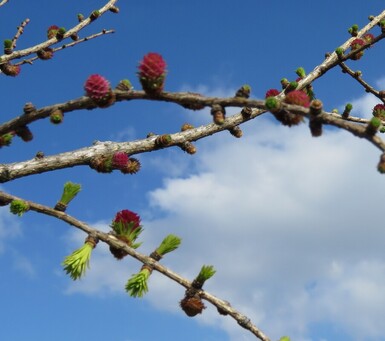 Larch with crimson female flowers and fresh green needles
Larch with crimson female flowers and fresh green needles On a beautiful March morning I find the first blackthorn flowers on Helsington Barrows. The same bush flowers first each spring. Rich cream buds open to white flowers and lichens colour the twigs.
The crimson female flowers of larch appear. Male flowers are smaller, dense and soft green. Leaf buds have clusters of sharp-green needles. The fresh growth of spring shows amidst clusters of last summer’s dark cones.
New Story Homes for unknown folk, homes lost to creatures in residence - now forced to flee, and flee again as the site takes-in more and more land. Nowhere is safe, it's a refugee crisis for wildlife. The plight of Ukrainian refugees is news. Our local wildlife suffers unseen, impossible to know the numbers killed and displaced. Newly built nests are wrecked as trees are felled and birds build afresh. Then more trees are felled and pasture destroyed. Voles and mice are lost, the kestrel's hunting ground is gone.
In November 1785 Robert Burns’ plough turned up a mouse in her nest. He sees the terror of the tiny creature and the destruction of her nest. He wonders how she’ll survive the winter. He pities the creature and reflects on the interdependence of mankind and the natural world. Not quite in those terms. He wrote the poem well over two centuries ago and in Scot’s dialect, a voice authentic and immediate. The message and the challenge might be David Attenborough’s
‘I’m truly sorry Man’s dominion
Has broken Nature’s social union
Burns reminds us we’re ‘fellow mortals.’ The mouse suffers acutely but lives from moment to moment and is spared anxiety about the future. It is oblivious to wars, to famine, to Climate Change and population explosion. Not sure when the Anthropocene began, when Man's dominion over the earth tipped the balance. But Burns' plough was nothing like a fleet of JCBs. His was regenerative farming.
The morning’s conversation was troubling. ‘It’s not going to get better,’ says the workman. He wonders whether young people will value Nature. They're not surrounded by an abundance of wildlife, as earlier generations were. What they've never known they will not miss.
When I walk the Brigsteer Road in future I will not see a kestrel hunting for voles and mice, their habitat is lost. Nor will the barn owl quarter a lost pasture as the light fades.
Wee, sleekit, cowrin, tim'rous beastie,
O, what a pannic's in thy breastie!
Thou need na start awa sae hasty,
Wi' bickering brattle!
I wad be laith to rin an' chase thee,
Wi' murd'ring pattle!
I'm truly sorry man's dominion,
Has broken nature's social union,
An' justifies that ill opinion,
Which makes thee startle
At me, thy poor, earth-born companion,
An' fellow-mortal!
I doubt na, whiles, but thou may thieve;
What then? poor beastie, thou maun live!
A daimen icker in a thrave
'S a sma' request;
I'll get a blessin wi' the lave,
An' never miss't!
Thy wee bit housie, too, in ruin!
It's silly wa's the win's are strewin!
An' naething, now, to big a new ane,
O' foggage green
An' bleak December's winds ensuin,
Baith snell an' keen!
Thou saw the fields laid bare an' waste,
An' weary winter comin fast,
An' cozie here, beneath the blast,
Thou thought to dwell-
Till crash! the cruel coulter past
Out thro' thy cell.
Thy wee bit heap o' leaves an' stibble,
Has cost thee mony a weary nibble!
Now thou's turn'd out, for a' thy trouble,
But house or hald,
To thole the winter's sleety dribble,
An' cranreuch cauld!
But, Mousie, thou art no thy-lane,
In proving foresight may be vain;
The best-laid schemes o' mice an' men
Gang aft agley,
An' lea'e us nought but grief an' pain,
For promis'd joy!
Still thou art blest, compar'd wi' me
The present only toucheth thee:
But, Och! I backward cast my e'e.
On prospects drear!
An' forward, tho' I canna see,
I guess an' fear!
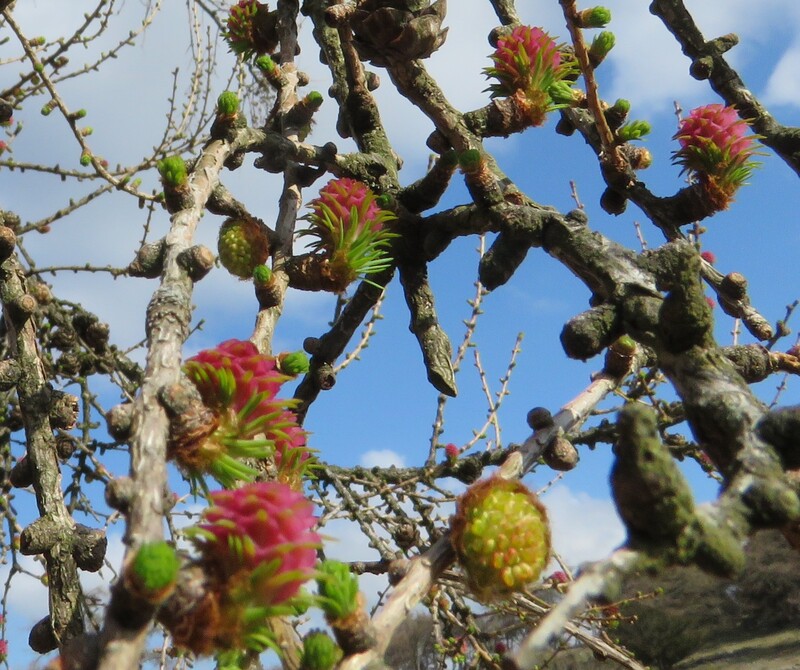
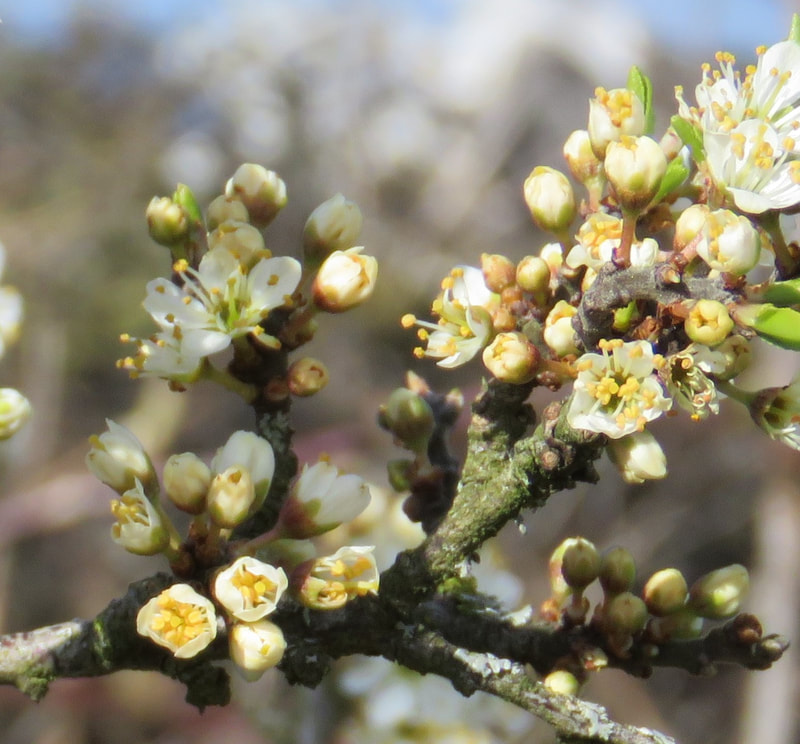
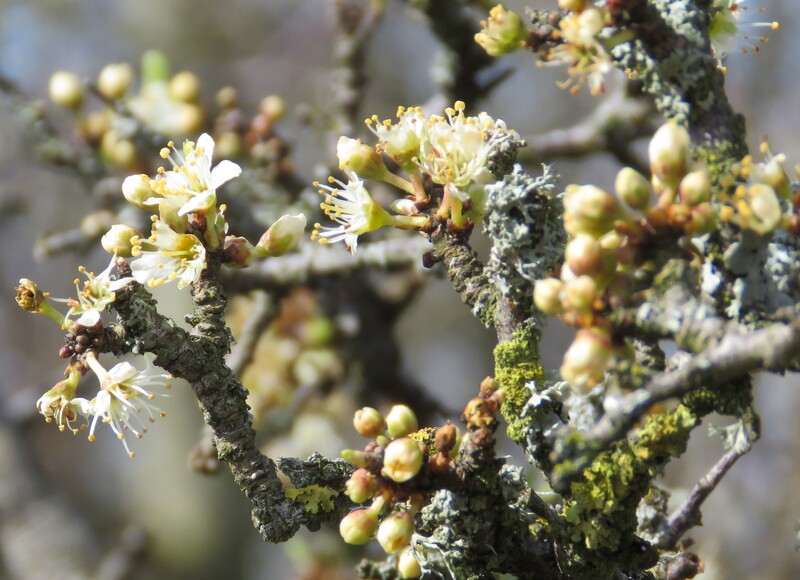
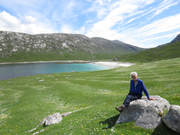
 RSS Feed
RSS Feed